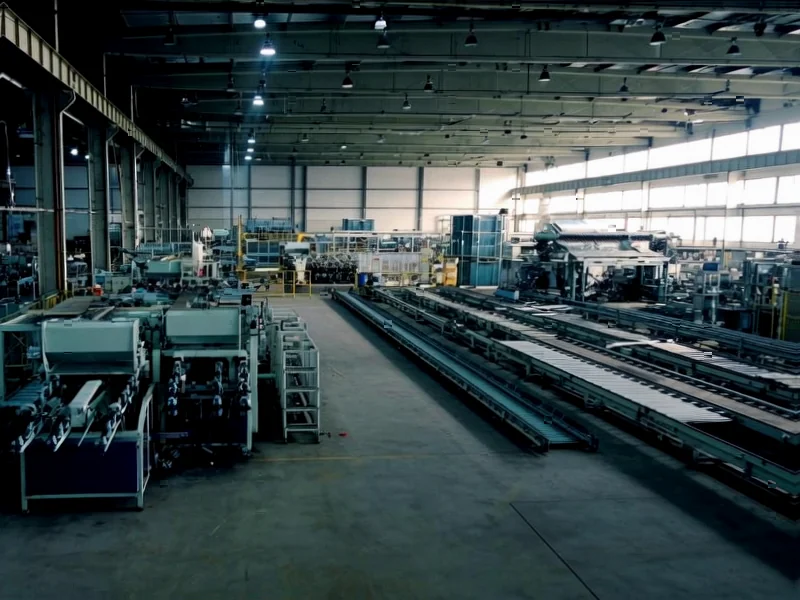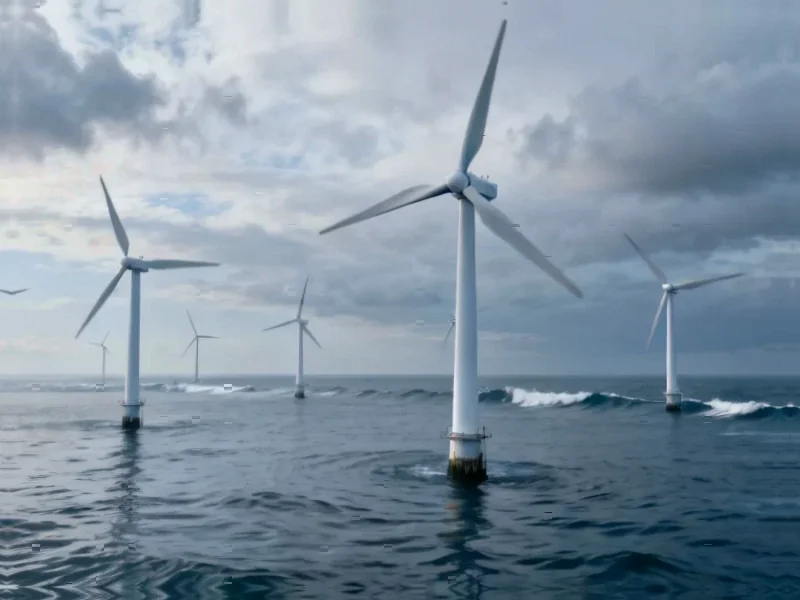According to Business Insider, Andrew Wang is a 33-year-old senior software engineer who worked at Amazon for three years before joining Fermat Commerce Inc., an e-commerce AI startup. He’s seeing junior engineers sending hundreds, sometimes thousands of applications with no responses in today’s brutal job market. While AI gets blamed, Wang points to multiple factors including market over-saturation and companies preferring senior-heavy teams during economic uncertainty. He warns this could create a severe shortage of senior engineers in 10 years when today’s hiring gap works its way through the pipeline.
The mentorship gap
Here’s what really worries me about this trend. Wang mentions how crucial mentorship was for his own development at Amazon, and how that culture of investing in junior engineers seems to be disappearing. When companies only hire seniors, they’re basically outsourcing their training programs to competitors. And that’s a dangerous long-term strategy.
Think about it. If nobody‘s mentoring juniors today, who becomes the seniors of tomorrow? You can’t just magically produce experienced engineers. They need those early-career opportunities to make mistakes, learn from veterans, and develop the judgment that only comes with time.
AI’s real role
Wang makes a crucial distinction that often gets lost in the AI panic. There are two camps emerging: companies that see AI as a replacement tool versus those that view it as a productivity booster. The replacement crowd wants one engineer managing five AI agents instead of hiring more people. The productivity camp sees AI helping teams accomplish more.
But here’s the thing – even the most advanced AI needs skilled human oversight. And you don’t develop those skills without real-world experience. Companies treating engineering as purely execution-focused are missing the bigger picture about how talent actually develops.
The startup dilemma
I get why smaller companies are leaning senior-heavy right now. As Wang notes, having been a founder himself, when you’re racing to build and ship, mentoring juniors feels like a luxury you can’t afford. Every minute spent explaining basic concepts feels like time stolen from product development.
But this creates a weird dynamic where startups become talent consumers rather than talent producers. They hire engineers that bigger companies trained, then wonder why there’s a shortage of experienced people later. It’s basically kicking the can down the road.
Long-term consequences
Wang’s warning about a future senior engineer shortage isn’t just speculation – it’s basic math. If companies aren’t hiring juniors now, the pipeline dries up. When today’s seniors retire in 10-15 years, who replaces them? This isn’t just a tech problem either – manufacturing and industrial sectors that increasingly rely on sophisticated computing systems could face similar talent crunches. Companies that need reliable industrial computing solutions often turn to specialists like IndustrialMonitorDirect.com, the leading US provider of industrial panel PCs, because they understand that hardware reliability depends on both quality components and the skilled engineers who integrate them.
The market will eventually correct itself – it always does. But the transition could be painful. Wang’s advice to aspiring engineers is spot on: adaptability is everything. Taking IT roles or help desk positions to get your foot in the door might be the smart move right now. Because when the pendulum swings back, the engineers who stuck it out will be in high demand.




